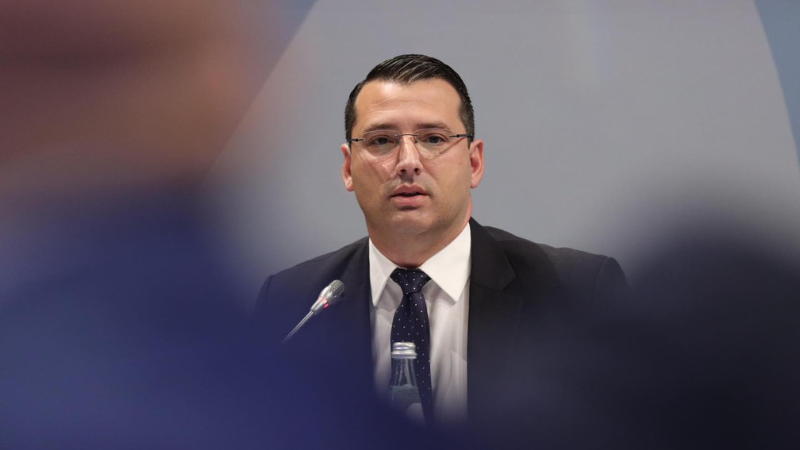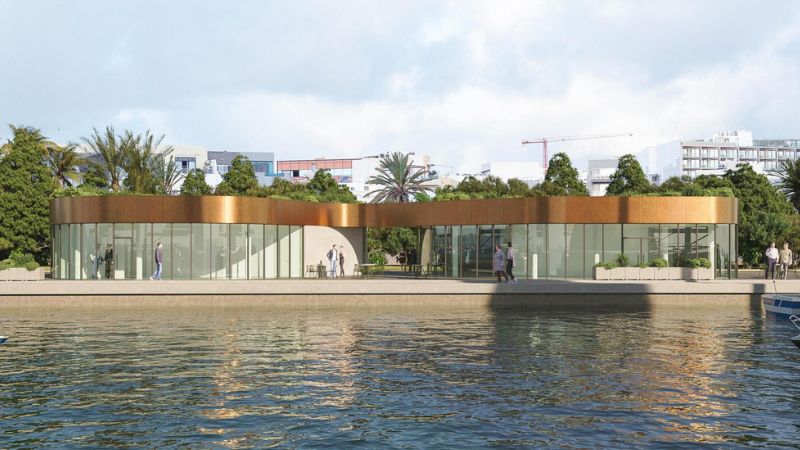It is becoming increasingly evident for those of us who do not get their news from our Facebook feeds, that many democracies are slowly and steadily being undermined.
The Economist Intelligence Unit found that democracy in 89 countries (including Malta), regressed in 2017 and only improved in 27 countries. The latest “Transformation Index” by the Bertelsmann Foundation found that the “quality of democracy … has fallen to its lowest level in 12 years.”
Column inches have been dedicated to this downward trend and while perhaps comparing it to the rise of Fascism in the 1930s may be a tad overdone, we should still be very concerned with voters increasingly choosing authoritarian populists who have made it very clear they have no intention of respecting the democratic system.
Perhaps the most troubling aspect of this trend is that young people, who have little or no memory of the struggles against fascism and communism have no interest in the democratic project and are contributing to a dangerous apathy. So consider this a timely reminder.
The ‘democracy’ the above-mentioned surveys look at does not only mean “rule by the people” but rather, liberal democracy. In a liberal democracy, power is evenly spread.
Elected government officials are not only accountable to voters but are also kept in check by the courts, a free press and pressure groups. The party or parties in opposition recognise the government’s legitimacy but strive to question the government’s actions, hold it to account and seek to replace it in the next elections. A clear boundary exists between the ruling party and the State.
A liberal democracy is typically dismantled in four stages:
- Step one – a charismatic leader is elected to office with the promise of either saving the voters from a crisis or with the promise to shake up the status quo.
- Step two – the newly elected leader must find an enemy (the “scapegoat” in traditional sociology) for angry voters to blame.
- Step three: Once in power the would-be strong man chisels away at the free press and at an independent and impartial justice system, democracy’s first line of defence.
- Step four: He finally changes the rules to make it harder for voters to replace him.
These stages usually take place gradually and are reinforced by deploying disinformation campaigns and propaganda up until the democratic framework is nothing more than a facade and voters only notice their democracy and their freedom are gone when it’s too late.
Read more: Disinformation Watch
A sentiment perhaps best summarised by the Italian jurist and politician Piero Calamandrei when he said: “La libertà è come l’aria: ci si accorge di quanto vale quando comincia a mancare” (freedom is like air: you realise how much it is worth when it is lacking).
How concerned should we be on this little island? Well, it seems pretty clear that Malta has made it quite comfortably to stage three of the process and it has done so in a remarkably short period of time.
Malta’s judiciary and law enforcement are now deeply compromised by the appointment of individuals whose main qualification appears to be Party loyalty, and the free press is constantly being undermined, culminating in the assassination of Daphne Caruana Galizia, the country’s feistiest journalist.
Discrediting the press continues unabated. Malta is also displaying another insidious aspect of autocratic behaviour – graft. The more autocrats steal, the more incentive they have to rig the system in order to stay in power and avoid prosecution. Does any of this sound familiar?
Is the trend reversible? Yes, but it requires a constant sustained effort well before heading to the polls because the longer strongmen stay in power, the harder it is to remove them (look at Russia’s president Vladimir Putin and Turkey’s Recep Tayyip Erdoğan, for a start).
If it feels like a lot to ask, it is – especially since we are all scandal-fatigued. This is why it is important to keep up the pressure, call out the lies, the corruption and counter the propaganda in every possible way. And it is possible even though we seem to underestimate the power of public outrage.
You could support independent press outlets and if you witness a journalist or citizens being harassed and intimidated, there are ways you can help. See here on how to intervene.
In the past weeks the outrage expressed by Americans against Trump’s cruel family-separation immigration policy forced him to change tack. Public outcry over the government’s war on trees has forced it to revise its plans (at least those are the indications, since government is predictably not very forthcoming with full information).
This is not the first time we have been reminded that our democratic values are in danger; neither will it be the last. Fighting for democracy is hard work; but consider the alternative before you choose not to act.












